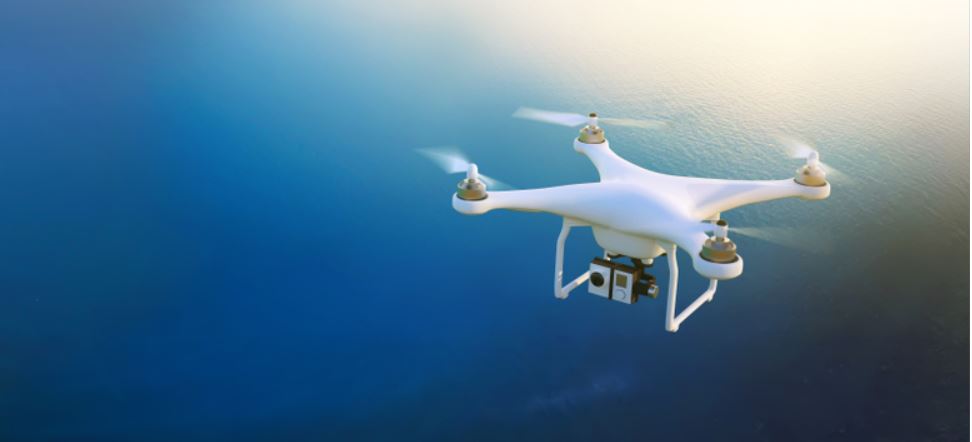
Drone registration and operator accreditation will become mandatory for all commercial drone operators from tomorrow, 28 January 2021. With this in mind, the Civil Aviation Safety Authority (CASA), the government body that regulates Australian aviation safety, has published information on how to find a safe and legal drone operator who has registered their drones, obtained operator accreditation, and is appropriately licensed to operate commercially.
Using drones for photography, research, inspections, agricultural operations and security is becoming increasingly common and CASA advises to check the following to make sure you use a safe and legal operator:
- Is their drone registered?
Mandatory drone registration comes in for all drones used for anything other than sport or recreation on 28 January 2021. From this date, it will be an offence for a drone service provider to fly an unregistered drone and penalties of up to $11,100 apply. You can ask to see their certificate of registration as proof.
- Do they hold a remote pilot licence (RePL) and remotely piloted aircraft operator’s certificate (ReOC)?
Operators who hold a RePL have undergone specialist flight training for complex operations and operating larger drones. For example, flying outside of the drone safety rules such as within 30 metres of people, more than 120 metres above ground level or at night. A qualified remote pilot must also be operating for an individual or business that holds a remotely piloted aircraft operator’s certificate (ReOC).
A ReOC allows individuals or companies to employ qualified remote pilots to operate a drone. A ReOC doesn’t permit the ReOC holder to fly a drone; a ReOC holder must also hold a RePL or employ a qualified remote pilot.
You can ask to see a copy of the RePL and the ReOC to make sure they’re qualified for your specific project. It will also list the conditions they are able to operate under. For example, flying at night or flying larger drones that weigh up to 7 kg, 25kg or 150 kg.
- No RePL or ReOC? Check they hold an RPA operator accreditation
If the service you require is less complex and can be completed within the drone safety rules, hiring an operator to fly a drone that weighs 2 kg or less means they do not need to have a RePL or operate under a ReOC. However, they must hold an RPA operator accreditation and their drone must be registered with CASA.
Check your project can be completed within the drone safety rules, the drone weighs 2 kg or less, and ask to see the certificate of registration and the RPA operator accreditation as proof.
- Can they fly within the drone safety rules or do they need CASA approval?
Depending on the type of drone service you require, flying outside the drone safety rules will require a ReOC and a RePL. For example, flying within 5.5 km of a controlled airport will also require approval from CASA – unless the drone weighs 250 g or less.
Ask to see approvals from CASA which will tell you the type of operations and conditions that have been approved and the period – don’t get caught out with an expired approval.
- Their insurance is your assurance
Even with the best intentions, skills and qualifications, accidents can still happen. Drones can crash, fail, fall and break. Check that the public liability insurance will apply to the specific service which is provided to you.
If you haven’t already, remember to check that operators are appropriately licensed, certified, accredited and registered – failing to do any of these things could void the insurance as a result of conducting illegal operations.
For more information, visit CASA’s website: casa.gov.au/drones







